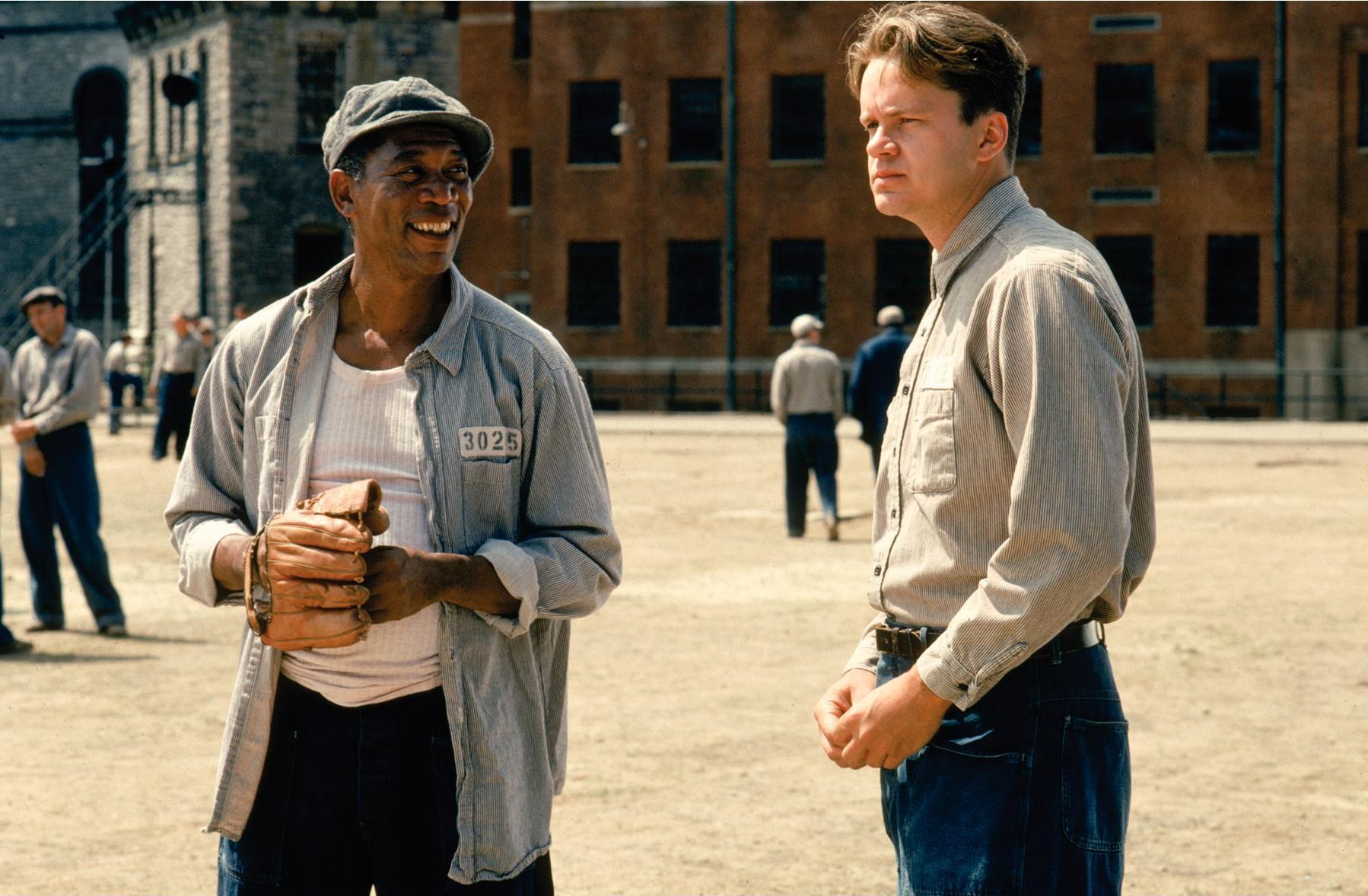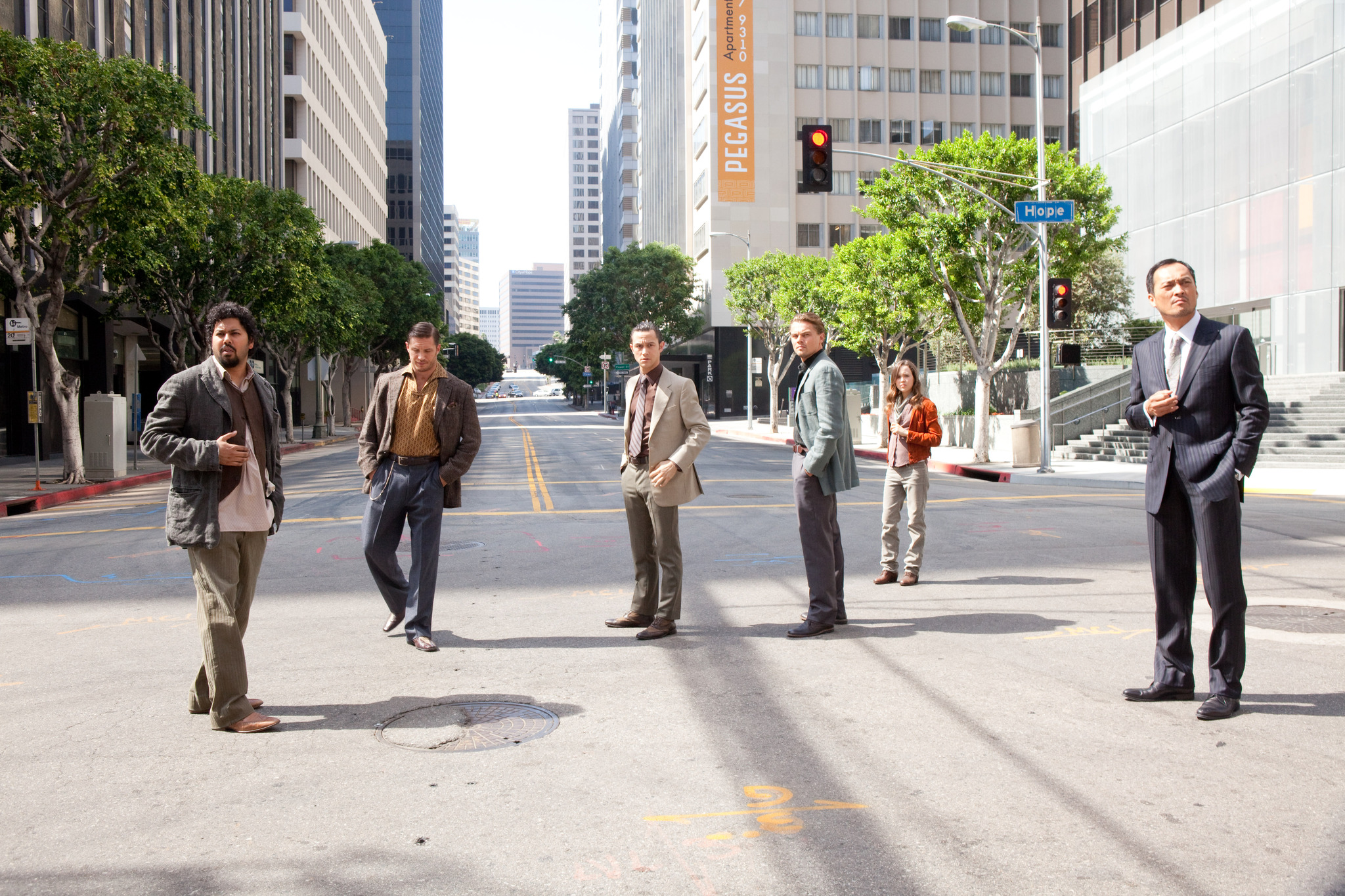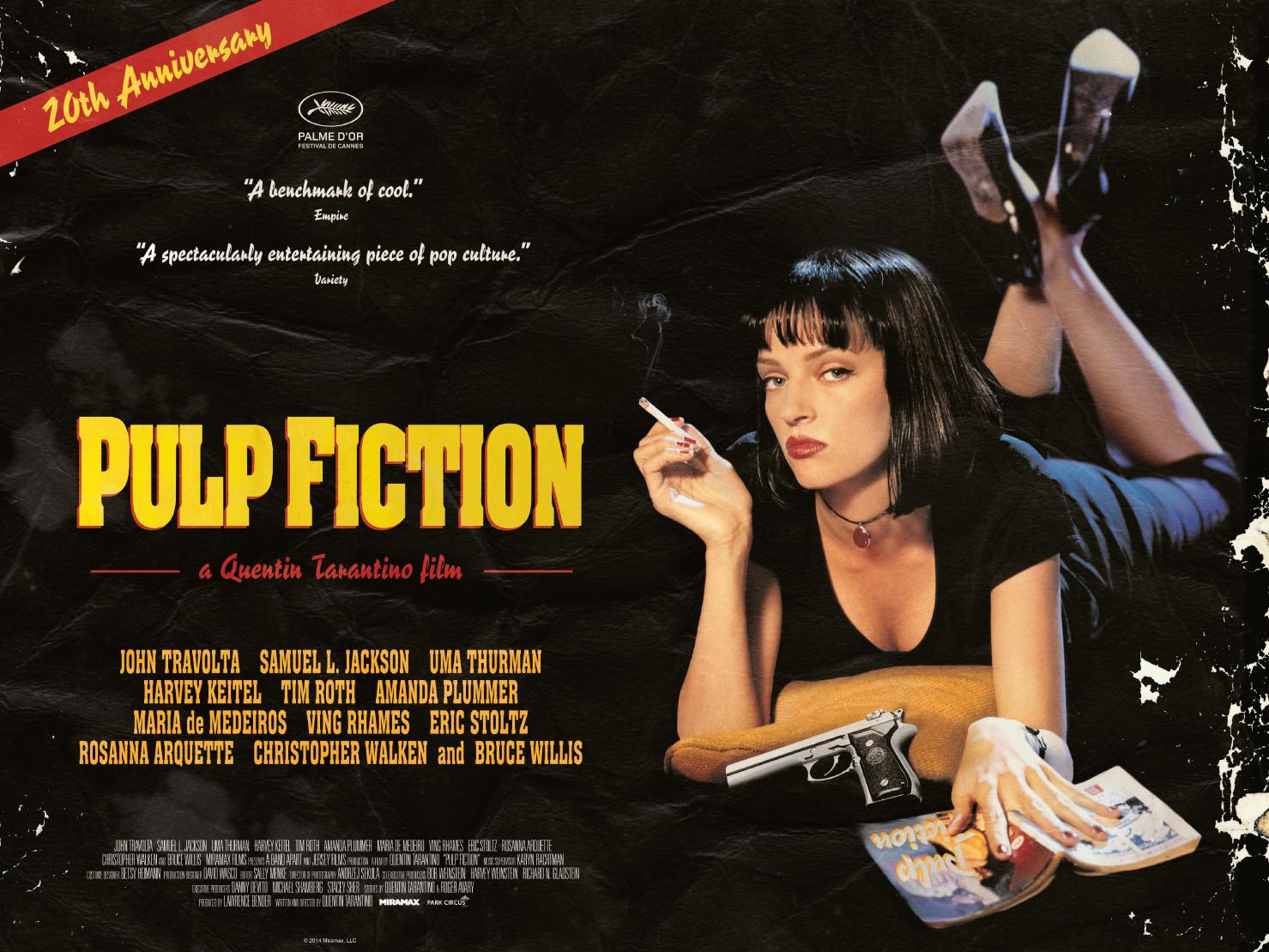Movie Rewatch Reviews: Revisiting Films with Fresh Eyes and Insights
There’s something uniquely rewarding about revisiting films we’ve watched before. With the passage of time and personal growth, our perspectives can shift, allowing us to discover new themes, performances, and nuances that may have gone unnoticed during our initial viewing. In this article, we’ll explore the value of rewatching films and review a selection of beloved movies through a fresh lens, providing insights that may enhance your appreciation of them.

The Shawshank Redemption (1994)
Initial Thoughts:
The Shawshank Redemption is often hailed as one of the greatest films of all time, and for good reason. Upon first viewing, many are captivated by its powerful storytelling and emotional depth.
Fresh Insights:
Rewatching this classic, one might notice the subtlety in the character arcs, especially that of Andy Dufresne (Tim Robbins) and Red (Morgan Freeman). The film is not just a tale of friendship and hope; it also delves into themes of institutionalization and the struggle for personal freedom. The layers of Andy's meticulous planning to escape—often overshadowed by the emotional beats—become more apparent, showcasing his brilliance and resilience. Additionally, the cinematography and score create an atmospheric backdrop that enhances the film’s emotional weight, making it a timeless piece worthy of multiple viewings.
Fight Club (1999)
Initial Thoughts:
Fight Club was a controversial film that sparked discussions about masculinity and consumerism. Many viewers initially appreciated its shock value and stylistic flair.
Fresh Insights:
Rewatching Fight Club invites a deeper analysis of its critique on modern society. The film's exploration of identity and mental health resonates more profoundly after further reflection on personal and societal issues. The unreliable narrator’s journey reveals the dangers of toxic masculinity and the search for meaning in a materialistic world. Notably, the film’s visual motifs and editing techniques become more apparent, showcasing David Fincher’s unique style. The ending, with its chaotic rebellion against consumer culture, raises questions about the cost of self-discovery and the true nature of freedom.
Inception (2010)
Initial Thoughts:
Christopher Nolan's Inception was a mind-bending experience that left viewers pondering the nature of reality and dreams. Its intricate plot and stunning visuals made it a standout.
Fresh Insights:
On rewatch, Inception reveals itself as more than just a puzzle to solve; it’s a deeply personal story about loss and acceptance. The emotional stakes surrounding Cobb's (Leonardo DiCaprio) journey are amplified upon revisiting, particularly his relationships with his children and Mal (Marion Cotillard). Each layer of dreams not only serves to challenge our understanding of reality but also mirrors Cobb's internal struggles. The film's ending, often debated, takes on new meaning when viewed with the knowledge of Cobb's journey, leading to discussions about the nature of closure and happiness.

The Princess Bride (1987)
Initial Thoughts:
Initially, The Princess Bride is seen as a charming fairy tale filled with adventure, romance, and humor, perfect for a light-hearted viewing.
Fresh Insights:
On rewatch, the film's self-awareness and meta-commentary become more enjoyable. Its playful subversion of fairy tale tropes invites viewers to appreciate the witty dialogue and clever storytelling techniques. The performances, particularly by Robin Wright (Buttercup) and Cary Elwes (Westley), shine with a mix of sincerity and humor that resonates more deeply upon further reflection. The film’s exploration of true love, friendship, and sacrifice reveals a richness that transcends its comedic elements, making it a timeless classic for audiences of all ages.

Pulp Fiction (1994)
Initial Thoughts:
Quentin Tarantino’s Pulp Fiction was a revolutionary film known for its non-linear narrative, iconic dialogue, and eclectic soundtrack, captivating audiences upon its release.
Fresh Insights:
Rewatching Pulp Fiction allows for a more nuanced understanding of its intricate web of stories and character interactions. The film’s structure, often seen as chaotic, reveals a deliberate design that mirrors the randomness of life and fate. Each character's arc, from Vincent Vega (John Travolta) to Jules Winnfield (Samuel L. Jackson), can be dissected for deeper themes of redemption, morality, and consequence. The film's use of pop culture references and its commentary on violence further enrich its narrative tapestry, making it a layered experience worth exploring repeatedly.
Conclusion
Revisiting films often unveils hidden depths and insights, transforming our initial impressions into a more complex understanding of the stories we love. Whether it's recognizing character growth, appreciating cinematographic choices, or grasping thematic undertones, the act of rewatching can breathe new life into familiar narratives. As we grow and change, so too does our relationship with film, making it an endlessly rewarding experience to explore cinema from different perspectives. So, grab your popcorn and settle in for a fresh viewing of your favorite classics—you might just see them in a whole new light!












